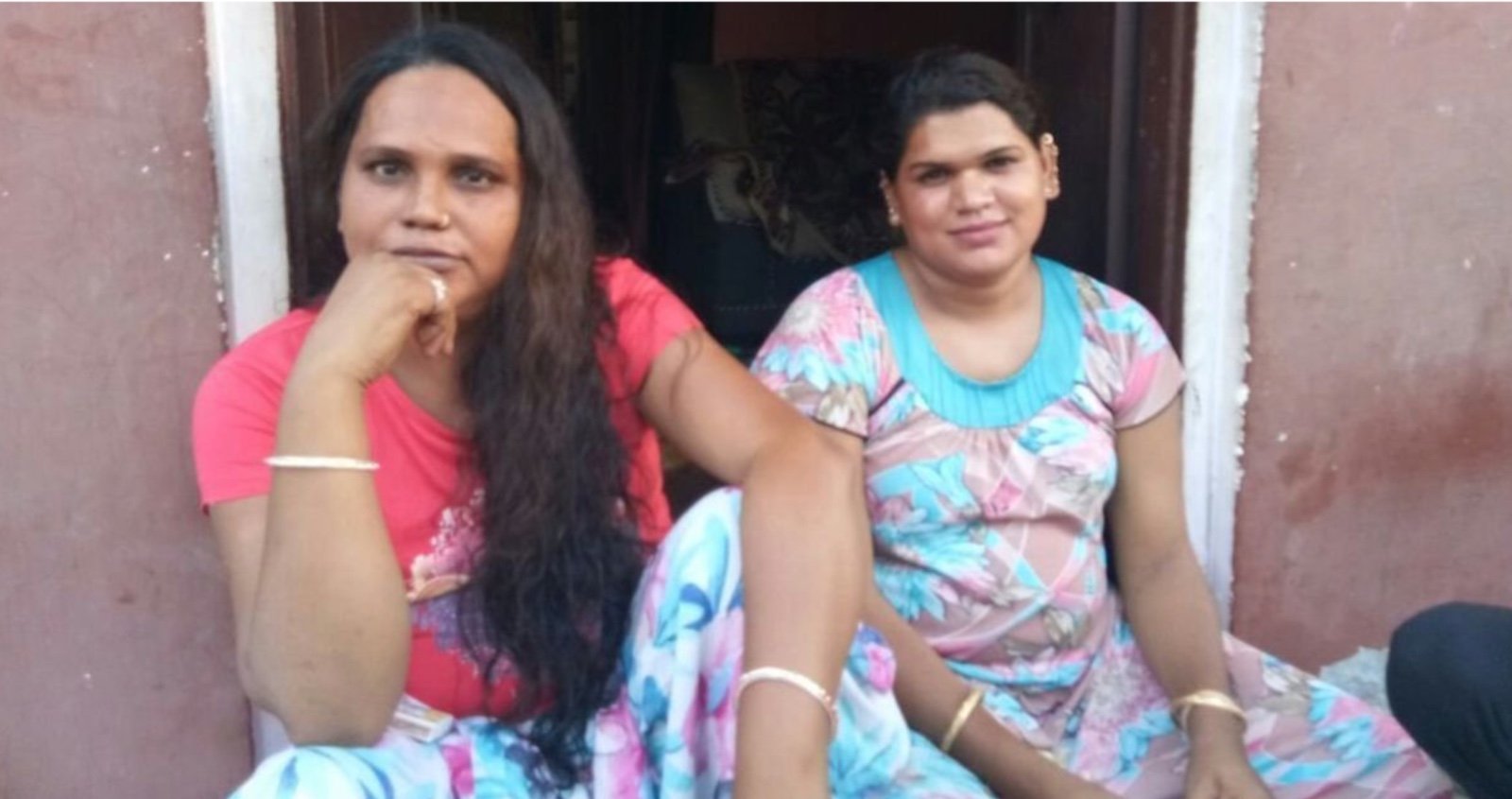
Law and Marginalisation Clinic
The Law and Marginalisation Clinic is an advocacy-community outreach initiative by CJLS at Jindal Global Law School
The Clinic furthers our core aim and brings together activists, movements, scholars and community members to tackle issues of systemic harms and challenge power structures to develop intersectional anti-oppression discourses when it comes addressing marginalisation along the axis of gender, caste, indigeneity disability, and sexuality in comprehensive ways through classroom teaching and field projects.
Our clinical interventions are collaborative and multidimensional: not only do we engage students directly, but we also seek to shift the focus away from pure doctrinal questions, shed light on the lived experiences of marginalised persons, and engage with policy, research and advocacy to advance an interdisciplinary and critical approach towards using the law as a tool for social change. Through our multi-pronged interventions, we seek to target, primarily, transgender and gender-variant persons as key beneficiaries by building capacities on ground when it comes to advocating for rights and navigating the various legal and institutional barriers they continue to face, We also see students, activists, and young legal professionals engaging in social justice work as direct beneficiaries of the proposed initiatives through programs that will focus on proliferation of information and critical engagement with the law in order to advance the rights of transgender and gender-variant persons.
We believe that long-term institutional shift can only be brought about by consultative and immersive advocacy that creates spaces for each person or group with lived experiences of marginalisation to voice their concerns.
Our engagement goes beyond our interactions with public officials and state functionaries, such as judges and parliamentarians, and seeks to include persons working at every level, including students, activists, scholars, community members, and civil society organizations to ensure that progressive social change is not taking place in silos.
Through our bottoms-up approach, we facilitate systemic change by foregrounding community-centric and anti-carceral models of justice as well as intersectional anti-oppression discourses that comprehensively address the structural hierarchies that have aided in the historical marginalisation of individuals and groups along the axes of gender, caste, indigeneity, disability, and sexuality.











